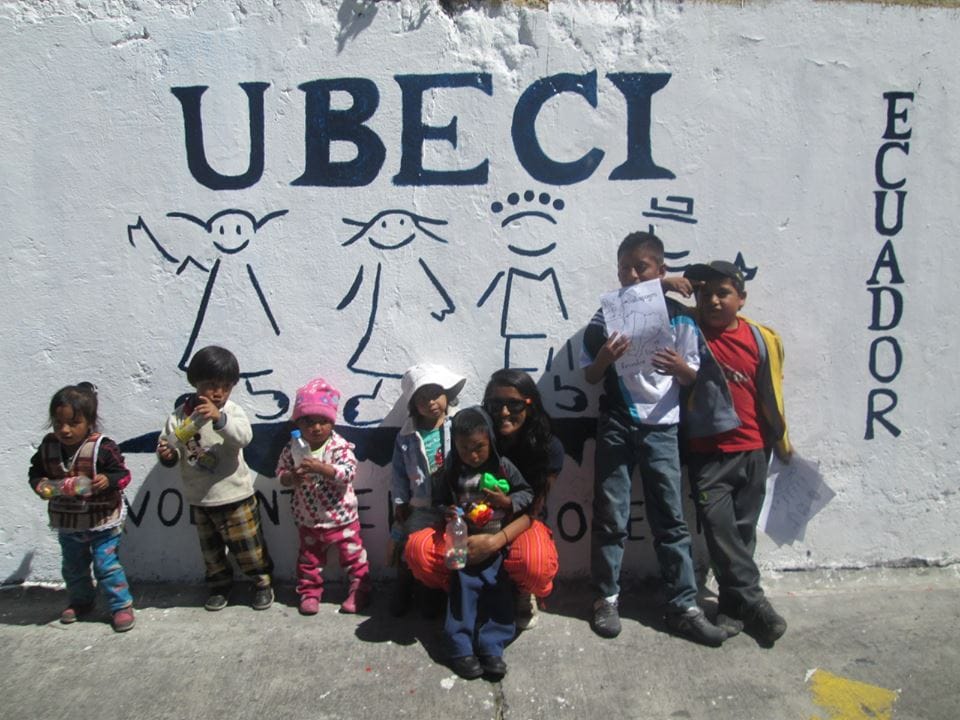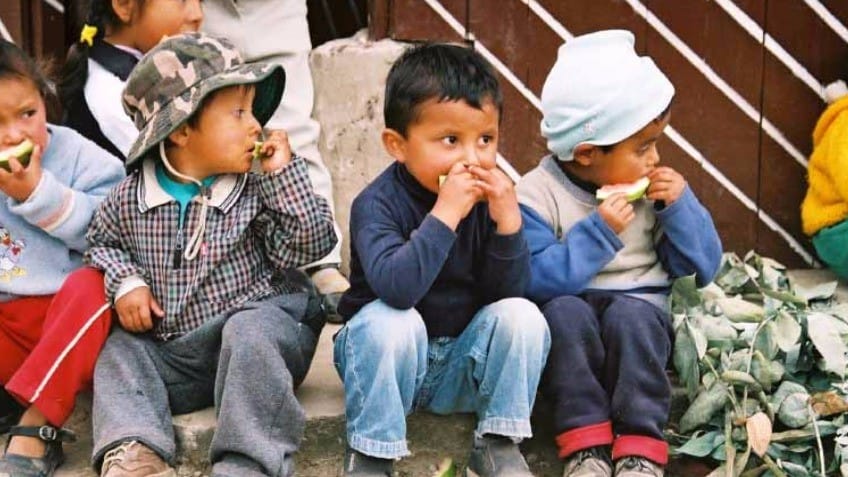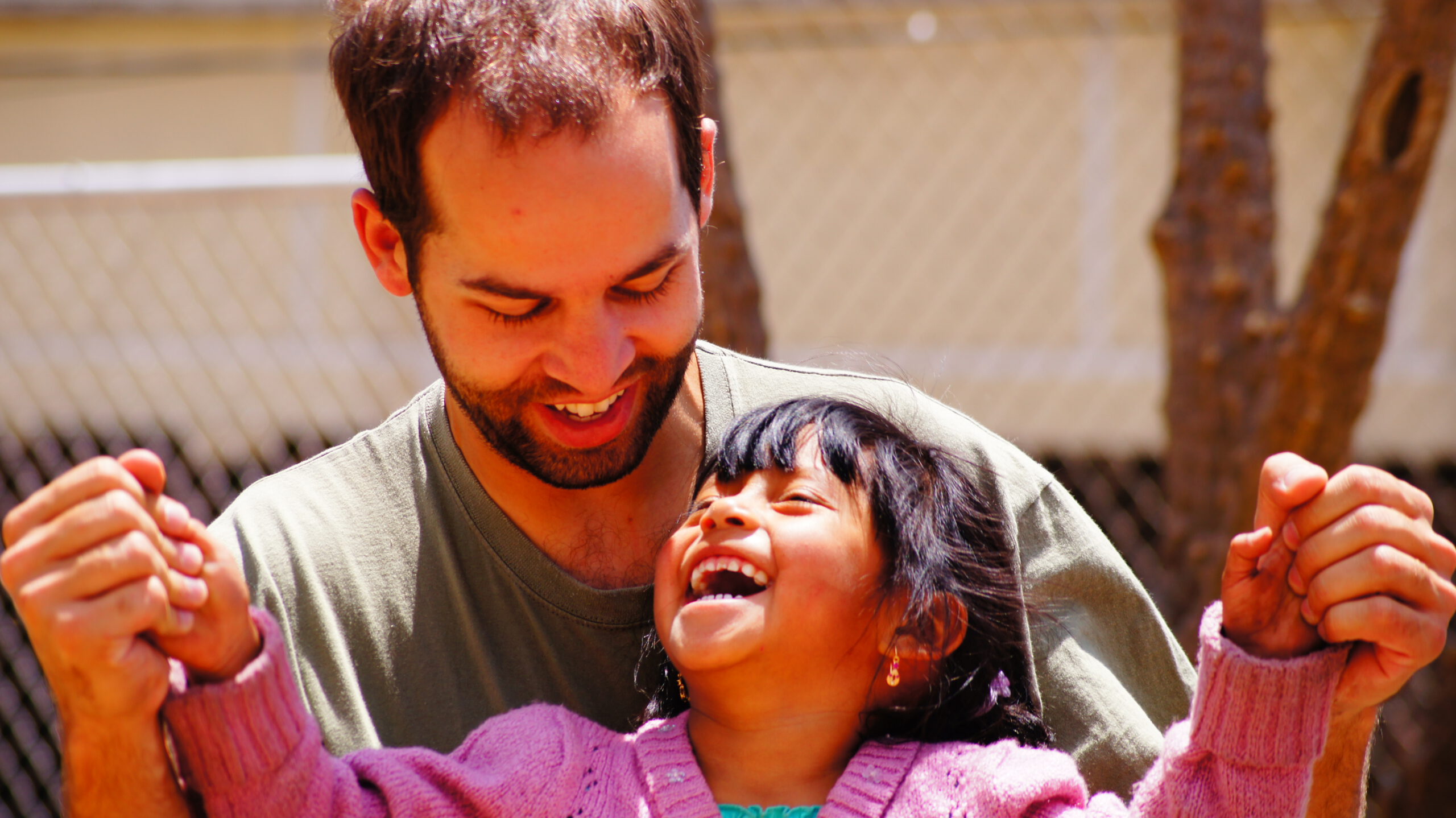
The invisibles – Children with no identity
Having an identity, knowing who you are and being able to prove it is something most of us take for granted. But for unregistered children in Ecuador, that isn’t always the case.
The right to a nationality is enshrined in a number of international treaties as well as the Ecuadorian constitution – but an estimated 10% of newborn children in Ecuador are not registered at birth.
This means they have no birth certificate and no legal proof of who they are, who their parents are, or their nationality. They are essentially invisible to the government and are unable to access any services and support.
Women in rural and indigenous communities are more likely to give birth at home and less likely to register their children. As a result, many of the working children in Ecuador are unknown to the State. They are the invisibles.
How does a lack of identity affect working children?
When children don’t officially exist, they face a multitude of challenges from birth that last for their whole lives. It can have a massive impact on children’s wellbeing.
Here are some of the problems they face:
- Exclusion and discrimination from society – feelings of not belonging, not being able to participate in social activities, judged by others which can contribute to poor mental health and anti-social behaviour
- No access to health care, education or employment – when you don’t officially exist, how do you prove you’re entitled to essential services or basic amenities?
- Legal problems – as adolescents they run the risk of being considered adults before the law because they can’t prove their age
- Abuse and exploitation – lack of protection leaves children open to abuse such as prostitution, trafficking and forced labour
- Marginalisation – they may be condemned to live on the margins of society, without the opportunity to progress, integrate or develop like other children
- Long-term problems – they often turn to substance abuse, violence and crime as a response to their circumstances in adulthood
“The danger is that these individuals are not connected to the community around them, so they develop a sense of hostility towards, and rebellion against, society.”
Enrique Salvatierra, UBECI Director
How does UBECI help unregistered children in Ecuador?
Through outreach work, UBECI gets to know children and their families and learns about their circumstances so they can support them to register their children. As part of their work, they:
- educate parents on the importance of registering their children
- make sure the child is able to realise his/her rights
- accompany parents to the civil registry and support them through the process of getting legal recognition for the children
- raise awareness about the importance of education and healthcare for the child
- motivate and guide parents to enrol their children in school
Testimonials
Wendy: “UBECI got me registered with the State, enrolled me in school and helped me get an education. It’s bad not having a nationality or an identity because it means you don’t exist in a country and you can’t access benefits such as studying, working and travelling. Now I can study and get a better education and, when I leave, I can work.”
Diego and Liliana: “We were abandoned by our mother due to personal circumstances and are in the care of our Columbian father, who does not have residency in Ecuador. He is unable to register us because of his status. Nelly is assisting us to regularise our status as residents. We can’t enrol in a state school, but we are able to study at CENIT until we get registered.”
How can you help us?
To help this vital work to continue, you can donate to support the ongoing services, undertake a fundraising activity or volunteer your time to help us with our central fundraising activities.


